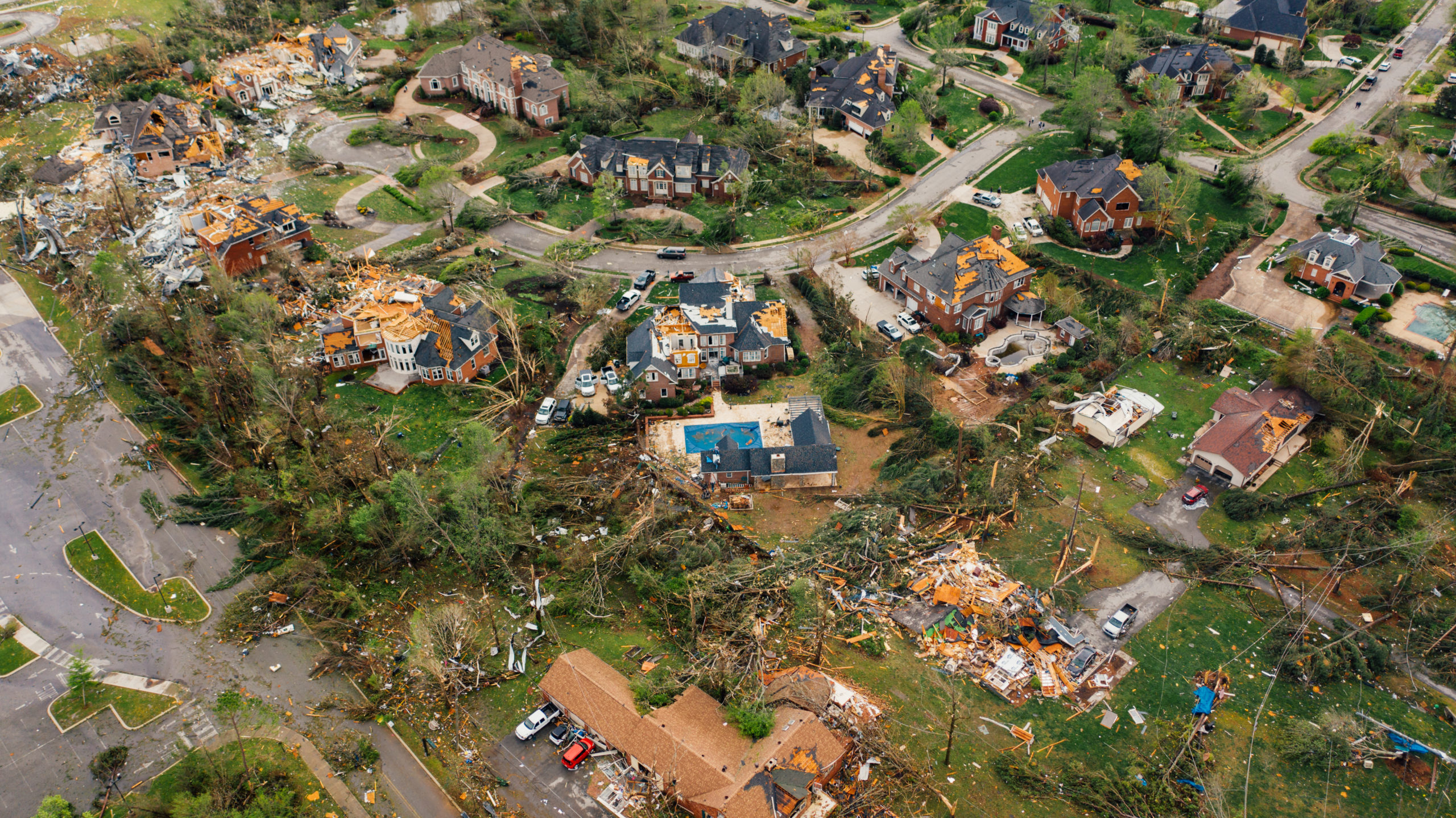Top Tips for Hurricane Preparedness

Hurricane season is in full swing and this year has had a record breaking amount of storms. For only the second time in history the National Hurricane Center (NHC) has begun naming storms from the greek alphabet versus its list of storm names. Changes in the atmosphere and rising temperature have played a role in increasing the severity and frequency of hurricanes over the past ten years, meaning those living in affected areas must stay prepared. Here’s some tips to prep for hurricane season ahead of time.
Know your evacuation routes and listen to evacuation orders.
It’s easy for long time residents to ignore evacuation orders and remain in their homes, but this puts first responders and residents in harm’s way. Just because the last storm was not that bad, does not mean the next one will be too.
Make a plan for your furry family members, too.
It is truly heartbreaking after storms to see dozens of images of pets left behind as their owners evacuated, leaving behind animals in the face of hurricanes is neglectful and puts your pets in harm’s way. In order to make evacuation with your pets easier keeping a pet preparedness kit allows you to quickly evacuate with your animals. By purchasing sturdy leashes, food and water bowls, medication, and extra food ahead of time you will be better able to transport your pet in the face of disaster. It is also important to keep current pictures of your pet in case they become separated from you.
Have a storm preparation kit.
Keeping non-perishable supplies on hand will allow you to spend more time preparing your home and yourself for a hurricane. In 2020 the state of Florida passed a law making all hurricane supplies tax free from May 29th-June 4th. Some items to keep in your kit include: batteries, flashlights and candles, medication, canned goods, and a NOAA weather radio.
Invest in weather resistant infrastructure.
When building or purchasing a home in a hurricane prone area, it is important to consider how your home’s construction will hold up in a storm. Properties with a round or square design reduce wind pressure on any one side of the house. Also, roofs with a 30 degree angle offer the best wind deflection and reduce your chances of losing your roof in a major storm. Hurricane grade windows are also a great investment that will reduce impact to your home. These windows are designed to withstand high winds, rain, and debris to avoid cracking.
Maintain the property surrounding your home.
It is particularly important to upkeep the land surrounding your. By regularly trimming trees and maintaining any landscaping you may have you can prevent unnecessary debris from coming loose in the face of high winds. Replacing any gravel or rock landscaping with shredded bark is also a great way to avoid contributing to debris. Mulch also provides natural fertilizer for your soil as it decomposes and is more effective in conserving water.
Prep to shelter in place, if necessary.
If you find yourself in a situation where you are unable to travel out of the storm’s path, there are several things you can do to ensure your safety. Filling extra water bottles and containers with water will ensure that you have extra drinking water if you must shelter in place. Also by filling bathtubs and sinks with water you can flush toilets, wash clothes, and bathe even if there is no running water. Boarding up doors and windows insures that your house will be protected from debris.
This hurricane season there have already been 23 named storms, doubling the annual average, and there will certainly be more. It is no doubt that increasingly warm ocean temperatures have played a role in increasing the severity and frequency of hurricanes and will continue to worsen this trend in future hurricane seasons. The chances of a tropical storm strengthening to a major hurricane have increased by 8% every decade since 1979. Still, time and time again when disaster strikes we have proven the power of community. It is essential to come together to support those around you in times of hardship. Being prepared is more important than ever, please consult your local resources for updated information about hurricane preparedness.


Leave a Reply